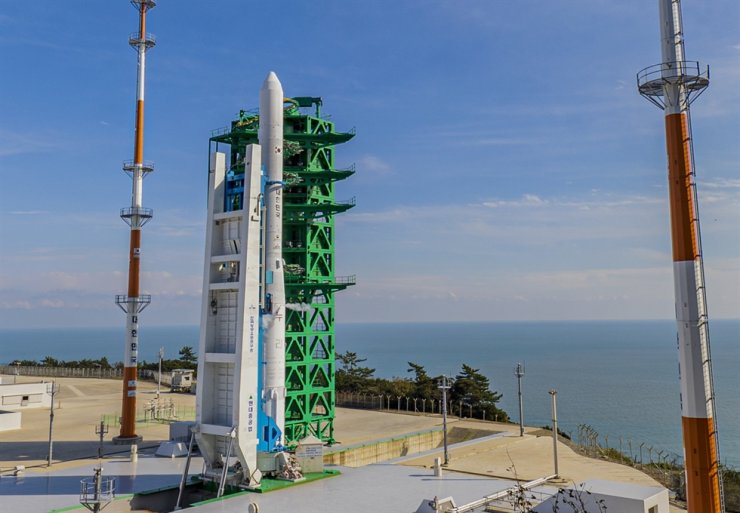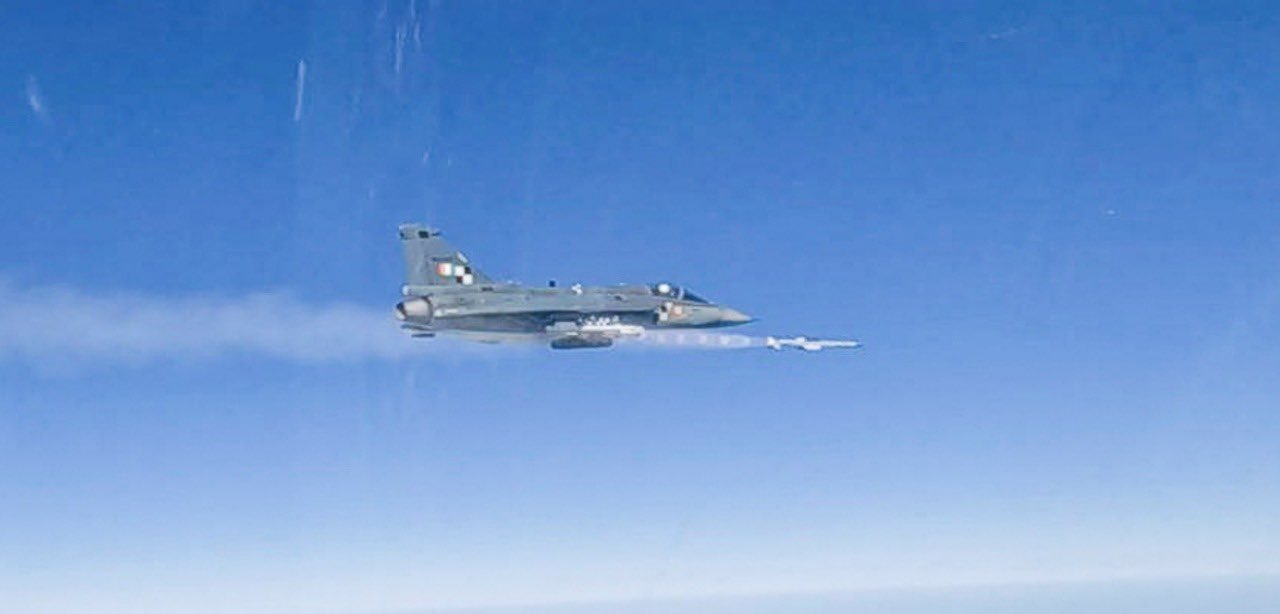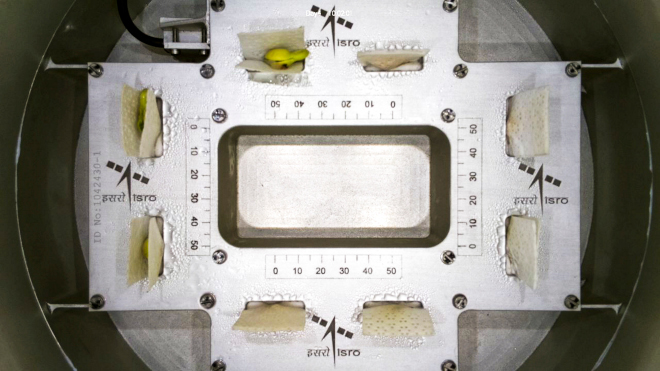
BENGALURU (PTI): Defence Minister Rajnath Singh on Friday said efforts are on for ensuring further integration of India's armed forces and related establishments at all levels, aimed at readying the country's military forces for any circumstances in the future.
"As you are aware, we are taking the initiatives for further integration of our armed forces and Defence Ministry, towards a logical end. In the days to come, as the follow up process, integration will be ensured in the theatre and in all the levels below it," Singh said.
Speaking at a conclave in Bengaluru, he said it will be implemented from procurement to indigenisation, to prioritising capability development, training and logistic support, which will make the armed forces more capable, efficient and self-reliant.
The Defence Minister said, taking these initiatives forward, the Government is making efforts to improve efficiency in security and defence sector related other support establishments; this includes - corporatisation of the Ordnance Factory Board (OFB), efforts to encourage exports in the defence sector, encouraging private sector in defence research, development and manufacturing, and efforts for self-reliance in the defence sector.
"The Government's intention is to ready our armed forces to any circumstances and is moving in this direction with speed," he said.
The Defence Minister was speaking after inaugurating the three-day Indian Air Force Conclave at Yelahanka Air Force Station in Bengaluru to commemorate 50-years of victory in the 1971 Indo-Pak war, which is being celebrated this year as 'Swarnim Vijay Varsh'.
Chief of Defence Staff General Bipin Rawat, Chief of the Air Staff (CAS) Air Chief Marshal V R Chaudhari, Defence Secretary Ajay Kumar, and Karnataka Revenue Minister R Ashoka, among others, were present at the event.
"The theme of the conclave 'Congruence of the politico-military thoughts and goals: Birth of a Nation' is apt as we celebrate the 'Swarnim Vijay Varsh'," Singh said.
It was the synergy and cooperation between the tri-services and the Government that led to success in the 1971 war. "The 1971 war and India's victory in it is special,....as the main intention behind it was humanity and protection of democracy," he said, adding that the politico-military synergy led to our success.
"The congruence of our politico-military thought and actions led to the birth of a new nation (Bangladesh) in Asia, ending injustice and atrocities," he said, terming the 14-day war as the glorious chapter of India's military history, which saw the largest surrender in the world after the second world war, with more than 93,000 Pakistani soldiers surrendering.
Chief of Defence Staff General Bipin Rawat said the global security environment and its impact on India's defence and security comprises numerous and seamlessly interconnected issues.
"India's national security landscape is stressed on account of contours of emerging security scenarios ranging from sub-conventional threats, to a possible conflict of a two-and-half front dimension. The need to address consequences of instability and volatility in part of the immediate and extended neighbourhood, remains our key priority," he said.
These challenges and threats in turn demand distinct command structures for the Indian armed forces which involve tri-services cooperation and capabilities, he added.
Noting that as a developing nation, India's priorities and security challenges make it essential that it pursue policies that best suit its long term interests, the CDS said, militarily this has translated into building capabilities over long term with a greater thrust on indigenisation, to counter the future threats as well as address the requirements to meet future aspirations.
"Though these augur unique challenges, yet we stand as a confident, articulate and rising nation, willing to claim a rightful place in the comity of nations," he added.
 Previous Article
Previous Article













The Indian Air Force, in its flight trials evaluation report submitted before the Defence Ministry l..
view articleAn insight into the Medium Multi-Role Combat Aircraft competition...
view articleSky enthusiasts can now spot the International Space Station (ISS) commanded by Indian-American astr..
view article